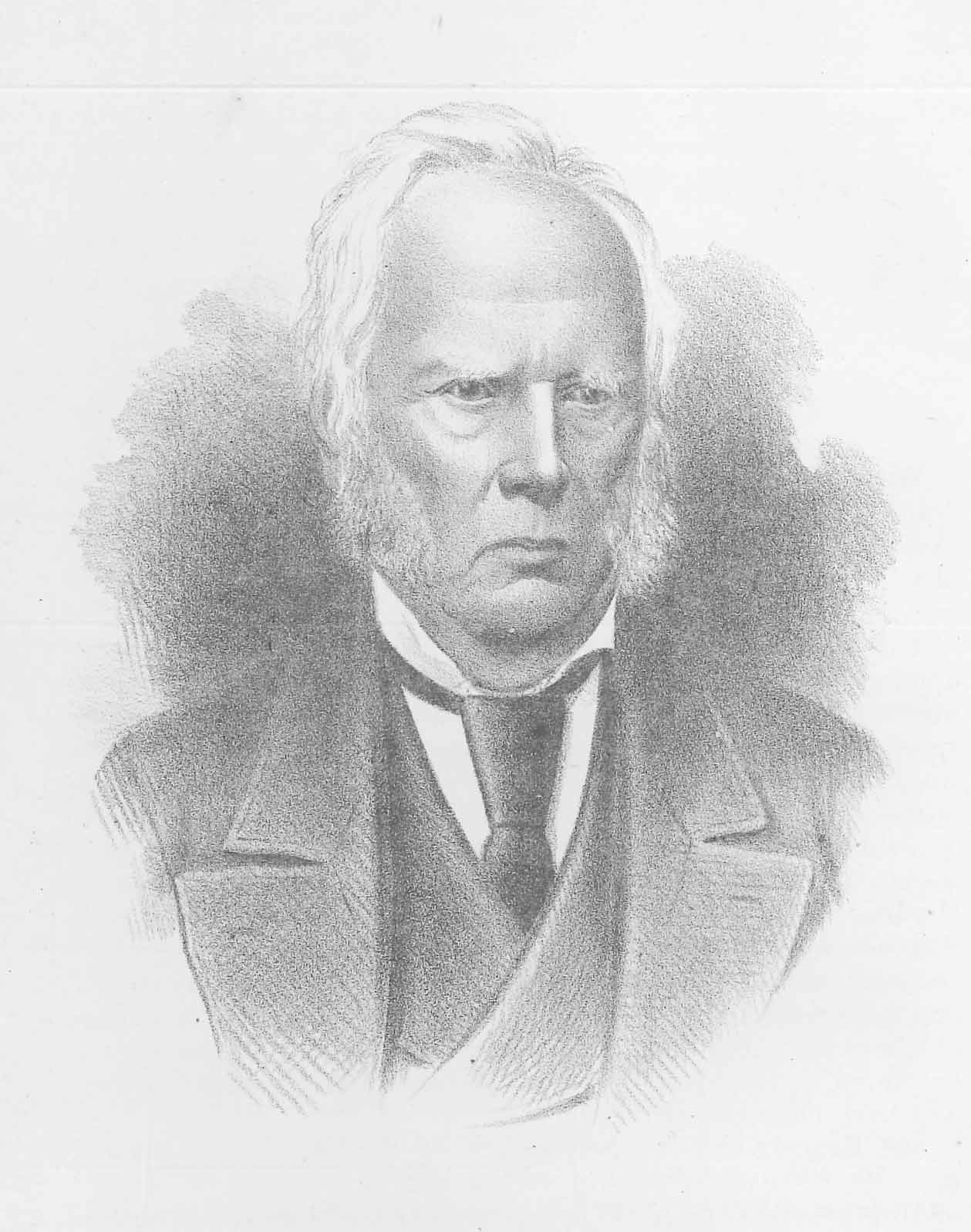Darwin did not consider himself to be a particularly good writer, but many of his letters contain not just a wealth of information, but also beautifully expressed descriptions and impressions that would be the envy of any essayist or novelist. Such is the case with a short letter written during the Beagle voyage to his college friend John Herbert.
The letter begins rather gloomily, with Darwin describing the miserable weather and dark room in Uruguay from which he is writing, ‘defying the blue devils’ to thank Herbert for a letter recently received. His mood becomes nostalgic as he conjures up images of past times and tells his friend, ‘It is necessary to be separated from all which one has been accustomed to, to know how properly to treasure up such recollections, & at this distance, I may add, how properly to esteem such as yourself.—’ Perhaps because of his homesickness and depressed mood, Darwin’s obvious enjoyment in ‘the pleasure of grubbing up old bones & captivating new animals’ was tempered by the fear that his labours in natural history would not be judged worthwhile by the ‘lions’ of the subject, whom, he frets, will ‘growl and finally destroy me’.
But then Darwin turns to happier news, as he spells out his hopes to Herbert concerning the Whig government that had recently come to power in Britain. ‘I trust they will soon attack that monstrous stain on our boasted liberty, Colonial Slavery.— I have seen enough of Slavery & the dispositions of the negros, to be thoroughly disgusted with the lies & nonsense one hears on the subject in England.’ Darwin’s wishes were soon fulfilled, for, within a couple of months of the date of this letter, the Slavery Abolition Act (3 & 4 Will. IV c. 73) was passed in August 1833 and came into force a year later. More than 800,000 Africans, mostly in the Caribbean and South Africa, were freed (the slave trade itself had been abolished in 1807). Darwin came from a family long opposed to slavery, but his personal experience of seeing the conditions suffered by enslaved people informs his powerful and eloquent description of ‘that monstrous stain on our boasted liberty’.
Shelley Innes



